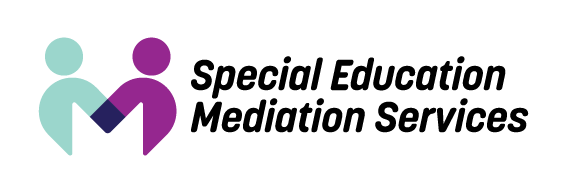
Facilitation
If a meeting is scheduled, or is soon to be scheduled, participants can request a neutral meeting facilitator. The facilitator can guide the established process (Individualized Education Program, Individualized Family Service Plan, Manifestation Determination Review, Resolution Session, and Behavior Intervention Plan) and help the participants sort through the information in an efficient manner. The facilitator is also trained to intervene when the conversation becomes inefficient due to relationship or personality difficulties. Providing process management frees the team members up to concentrate on their area of expertise.
Any special education meeting can be a facilitated meeting, including:
- IFSP (Individualized Family Service Plan) meetings for 0- to 3-year-olds
- IEP (Individualized Education Program) meetings for 3- to 26-year-olds
- MDR (Manifestation Determination Review) meetings in response to long-term suspension or expulsion decisions
- RS (Resolution Session) meetings related to due process complaint
When to use Facilitation:
- Any special education meeting; IEP, IFSP, BIP, MET, MDR or planning conference.
- Resolution sessions.
- Participants uneasy about a meeting.
- Parent, school relations strained.
- Participants need to focus on student issues.
A Facilitator will:
- Create an agenda based on the input received from the parties.
- Stay neutral.
- Facilitate the IEP team meeting, if requested.
- Keep the meeting centered on the student’s needs.
- Help negotiate disagreements
- Keep the meeting on track and on time.
- Make sure everyone adheres to agreed upon ground rules.
A Facilitator will not:
- Be a part of the team.
- Give legal advice.
- Advocate for a position.
- Make decisions
How to Prepare for and Participate in Mediation and Facilitation
Related Resources
Recent publications and videos from the Center for Appropriate Dispute Resolution in Special Education (CADRE) and other research organizations can help families and educators understand and prepare for collaborative dispute resolution.
